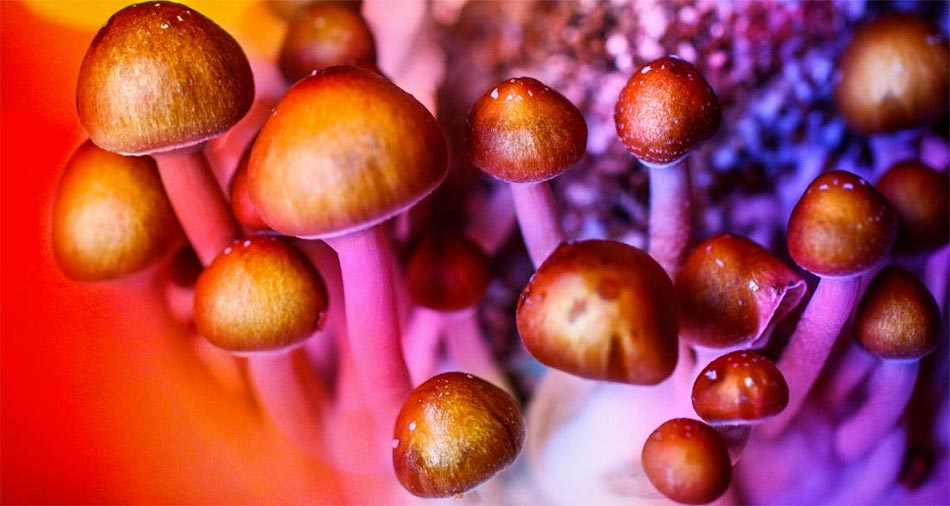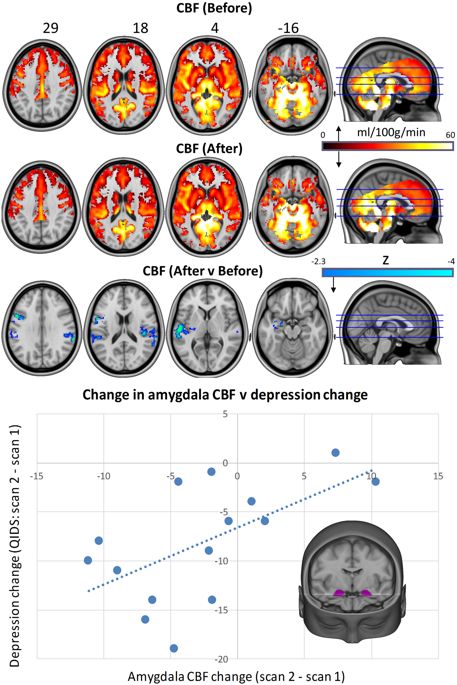
The total number of drug deaths have dropped by 5% since 1990. It may not seem like a big amount but we haven’t seen a decline this significant in 29 years.
This drop was due to a decline of abuse in opioid painkillers. Many states have now been cautious about prescribing opioid painkillers.
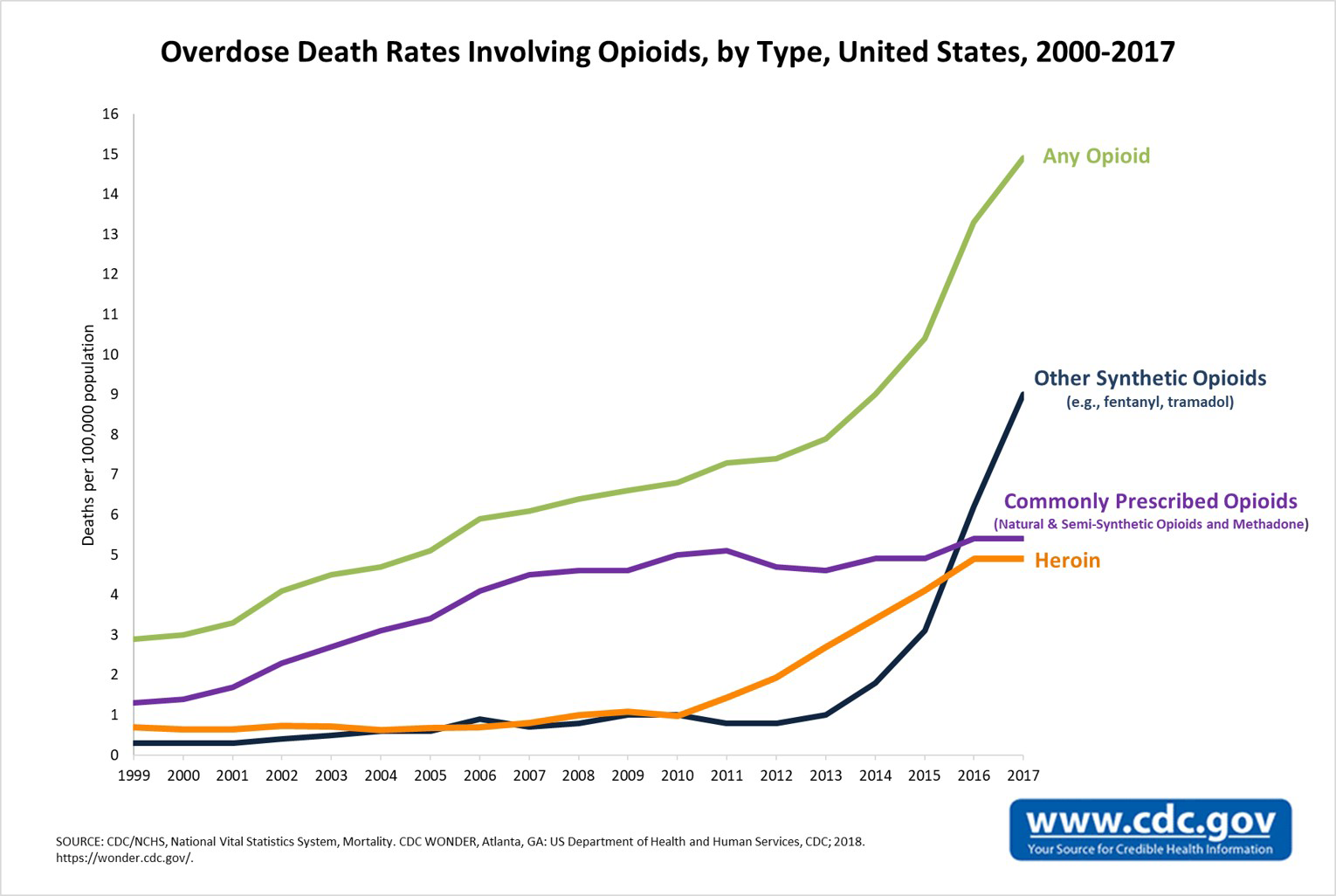
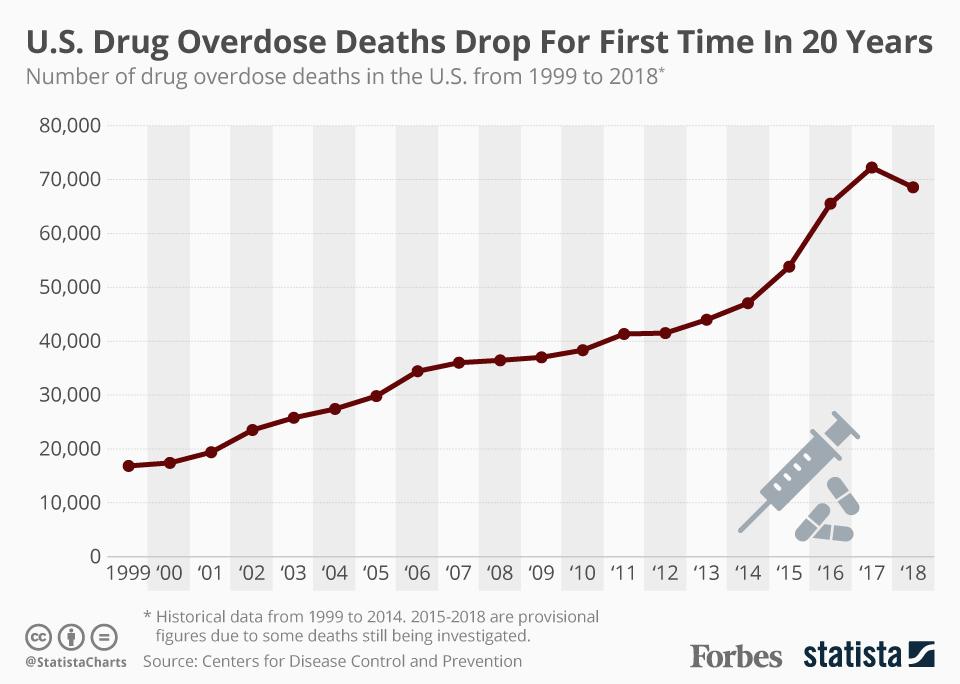
New Alternative Medicines available
Recent research in opioid addiction treatments may have played a key role in the decline. There are opioid addiction treatments currently being researched using Kratom and Psychedelics, both of which are not FDA approved. However, this hasn’t stopped independent researchers from experimenting with them to break opioid addictions.
Furthermore, the war on drugs has proved to be a failure in policy. The stigma against psychedelics is slowly fading as studies continue to demonstrate that these “dangerous drugs” have real medical value. Pyschschedlics have demonstrated to treat ailments ranging from post-traumatic stress disorder (PTSD) cancer, anxiety and depression, and cigarette addiction.
Kratom
Kratom, a plant-based drug from Southeast Asia has shown potential benefits in opioid addiction users.
Kratom has opioid-like compounds that provide anxiety and pain relief. It has been widely reported to ease opiate withdrawal symptoms. Some researchers suggest that Kratom could have therapeutic potential in antidepressant effects.
Other benefits of Kratom:
- Helped users stop using street drugs like Heroin.
- Self-treatable pain and mental or emotional conditions.
- Much less associated risks than opioids, including fatal dose.
- The potential of replacing Methadone, especially given its ease of production and making it ideal for poor and developing countries.
LSD
A new study published in the Journal of Psychopharmacology has found the use of LSD and Psylocibin associated with a decreased risk of opioid abuse and dependence.
This study has shown that LSD, psilocybin, along with others have shown to be effective therapeutic agents for those addicted to opioids. This is the first study to show a link between psychedelic use and decreased use of opioids.
These findings don’t yet prove a causal effect, but the correlation between psychedelic experience and opioid abuse seems to justify a further investigation.
Psilocybin
Psilocybin has shown a reduction of 27% of past year opiate dependence and a 40% reduced risk of past year opiate abuse. This study is based on six years of data from the National Survey on Drug Use and Health (NSDUH).
There is still, however, research needed as to why psychedelics reduced the use of opioid misuse. However, this study does appear to validate the experiences of many people who have found substances like kratom to be life-changing tools that have led them to lead happier lives.
Kratom and psychedelics have helped users cut back or stop using opioids altogether.
Always Test Your Substances
If you are using LSD to break an opioid addiction, it is always a good idea to test the substance before ingesting. In order to avoid any life-threatening situations due to the misuse of drugs, you should always test the substances with an applicable reagent.
Testing the substance could help avoid ingesting unknown and potentially dangerous adulterants found in street drugs, and could save your life.

